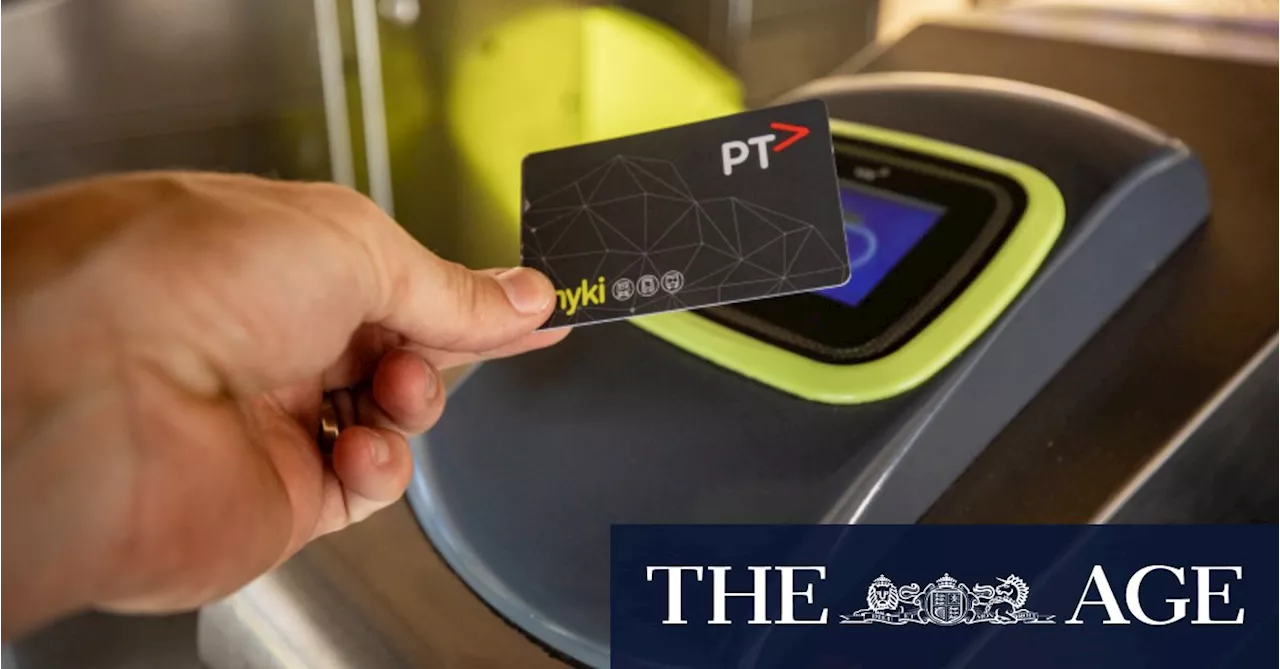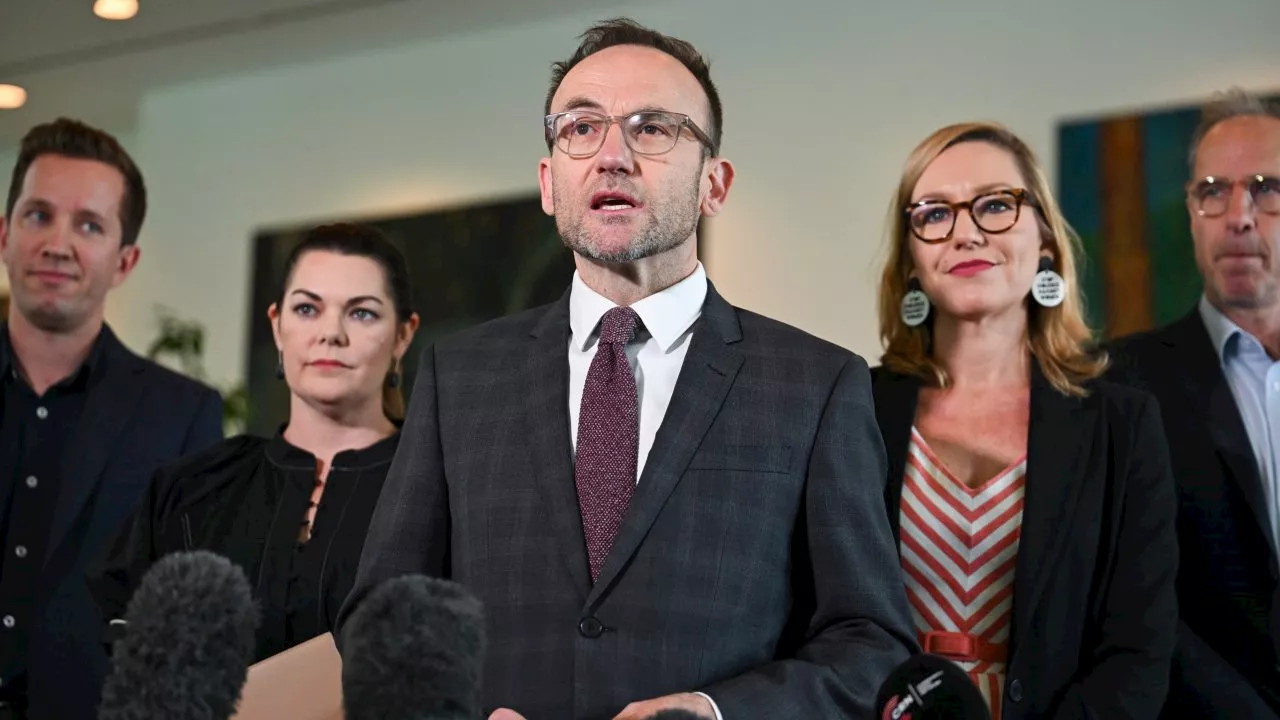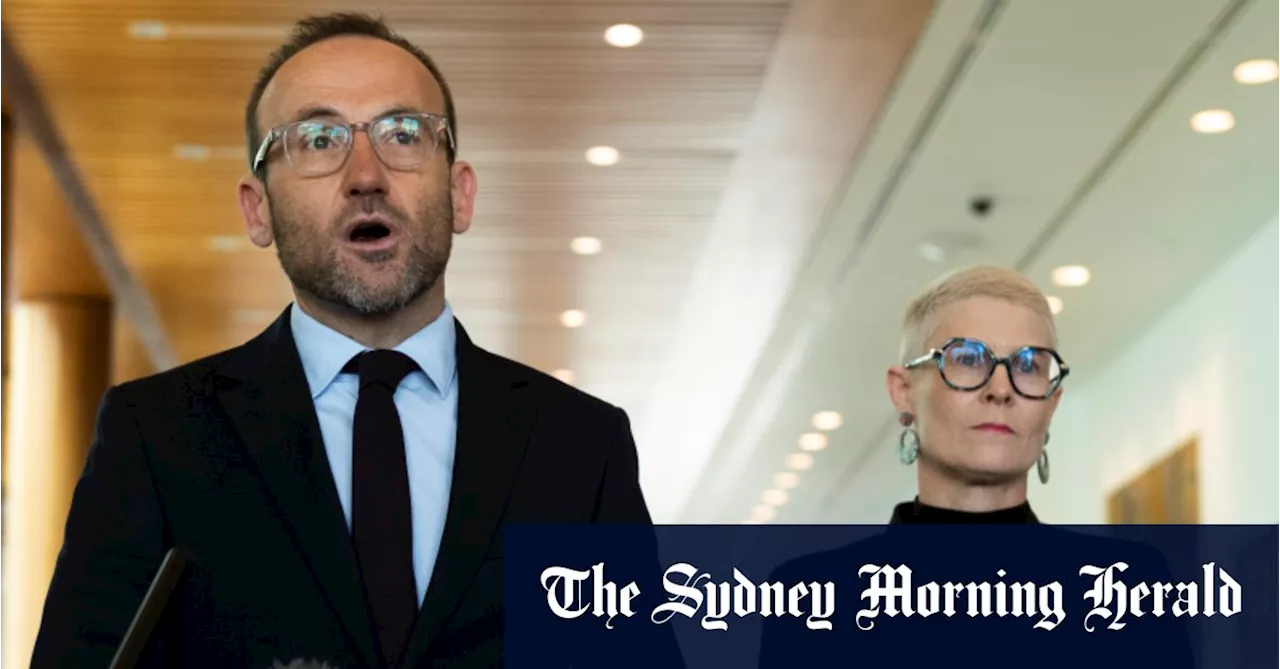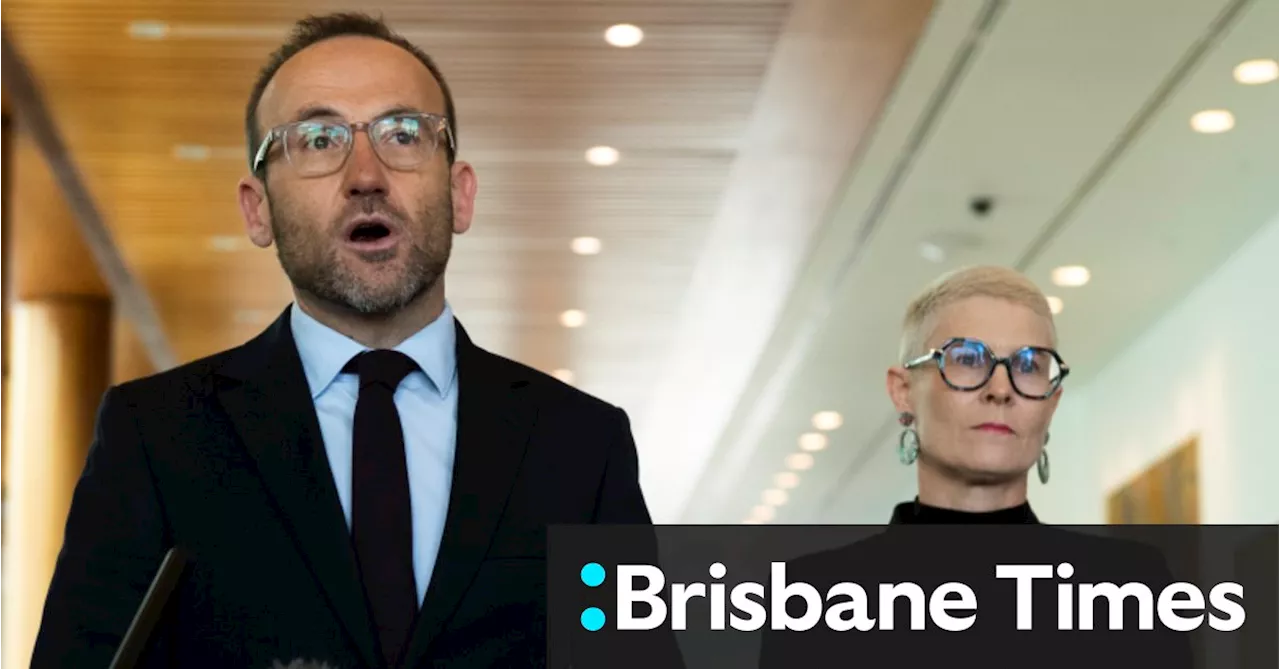The Greens are campaigning on a plan to make public transport fares 50 cents across Australia, a move they say would significantly reduce the cost of living for Australians. The plan would cost the federal government over $8 billion over four years.
The Greens are proposing a substantial federal government investment of over $8 billion over four years to implement a nationwide 50-cent public transport fare system. This ambitious policy aims to significantly reduce the cost of commuting for Australians and is a key plank in the Greens ' election campaign. However, the estimated cost of $2.6 billion in the first year alone is likely to be an underestimate.
Victoria, for instance, earned an estimated $900 million from fare revenues last year, according to the Melbourne Transport Union. Similarly, Queensland projects its own 50-cent fare program will cost the state $300 million in its inaugural year. These figures highlight the potential financial burden of implementing such a widespread fare reduction.Greens Leader Adam Bandt, drawing inspiration from Queensland's successful 50-cent fare program, commissioned costings from the Parliamentary Budget Office (PBO) to determine the financial implications of nationwide implementation. The PBO's analysis predicts a total cost of almost $30 billion over the next decade. The Greens anticipate that a minority government following this year's election would provide them with greater leverage to push their ambitious agenda through parliament. Bandt asserts that some of the costs could be mitigated through his proposed 'Robin Hood reforms', which entail a 40 percent tax on excessive profits earned by major corporations. He believes this initiative, combined with public support for the Greens, could make the 50-cent fare a reality. Bandt cites Anthony Albanese's past support for public transport funding, including his statement in 2013 as Transport Minister that federal investment in urban transport was crucial to mitigating road congestion and urban pressures.While the PBO costings do not provide a state-by-state breakdown, they estimate an $8.1 billion projection over four years based on projections of how much each state and territory would lose if fares were set at 50 cents. The Greens project substantial savings for full-time workers in major cities: $2400 per year in Melbourne, $2160 in Sydney, $2006 in Perth, and $1872 in Adelaide. They calculate the yearly cost to the federal budget at $2.2 billion.Although the Greens ultimately aspire to make transportation completely free, the 50-cent fare initiative was prompted by the success of Queensland's policy. Former Labor Queensland Premier Steven Miles launched the 50-cent fare trial in August 2022, ahead of the October state election. The Coalition government, which took office afterward, subsequently made the policy permanent. However, data obtained by The Sydney Morning Herald in November revealed a decline in public transport usage.
GREENS FEDERAL GOVERNMENT PUBLIC TRANSPORT FARE REDUCTION COST OF LIVING ELECTION CAMPAIGN
Australia Latest News, Australia Headlines
Similar News:You can also read news stories similar to this one that we have collected from other news sources.
 Greens Propose 50¢ Daily Fares for Victorian Public TransportThe Victorian Greens are proposing a six-month trial of 50¢ daily fares for unlimited travel on all public transport in Victoria. This would save commuters up to $50 a week and is being pitched as a key policy in the upcoming byelection for the seat of Prahran.
Greens Propose 50¢ Daily Fares for Victorian Public TransportThe Victorian Greens are proposing a six-month trial of 50¢ daily fares for unlimited travel on all public transport in Victoria. This would save commuters up to $50 a week and is being pitched as a key policy in the upcoming byelection for the seat of Prahran.
Read more »
 Victorian Greens Propose Tax on Vacant Shops to Revitalize Struggling Shopping StripsThe Victorian Greens are targeting vacant shops in a bid to breathe life back into struggling shopping strips. Their plan involves a 2% commercial vacancy tax on properties empty for over six months, aiming to incentivize landlords to find tenants.
Victorian Greens Propose Tax on Vacant Shops to Revitalize Struggling Shopping StripsThe Victorian Greens are targeting vacant shops in a bid to breathe life back into struggling shopping strips. Their plan involves a 2% commercial vacancy tax on properties empty for over six months, aiming to incentivize landlords to find tenants.
Read more »
 Greens’ $8 billion scheme for 50 cent fares across Australia comes with costing questionsThe Greens say the plan would cost the federal government $2.6 billion in the first year. However, state revenues from public transport are at odds with that figure.
Greens’ $8 billion scheme for 50 cent fares across Australia comes with costing questionsThe Greens say the plan would cost the federal government $2.6 billion in the first year. However, state revenues from public transport are at odds with that figure.
Read more »
 Greens Promise Free Public Education and School Fee Payments in Hung Parliament ScenarioThe Australian Greens propose making public education free and providing $800 per child for school supplies if they hold the balance of power in a hung Parliament. The policy, estimated to cost $10 billion, would eliminate out-of-pocket school fees and aims to alleviate the financial burden on families during the cost-of-living crisis. The Greens argue that both major parties have chronically underfunded public education, while the government maintains its focus on existing education policies and investments.
Greens Promise Free Public Education and School Fee Payments in Hung Parliament ScenarioThe Australian Greens propose making public education free and providing $800 per child for school supplies if they hold the balance of power in a hung Parliament. The policy, estimated to cost $10 billion, would eliminate out-of-pocket school fees and aims to alleviate the financial burden on families during the cost-of-living crisis. The Greens argue that both major parties have chronically underfunded public education, while the government maintains its focus on existing education policies and investments.
Read more »
 Greens pledge $800 in ‘back to school’ money for every state school studentThe crossbench party launches its election year with a cost-of-living measure that would cost $10 billion to cover all school charges.
Greens pledge $800 in ‘back to school’ money for every state school studentThe crossbench party launches its election year with a cost-of-living measure that would cost $10 billion to cover all school charges.
Read more »
 Greens pledge $800 in ‘back to school’ money for every state school studentThe crossbench party launches its election year with a cost-of-living measure that would cost $10 billion to cover all school charges.
Greens pledge $800 in ‘back to school’ money for every state school studentThe crossbench party launches its election year with a cost-of-living measure that would cost $10 billion to cover all school charges.
Read more »
